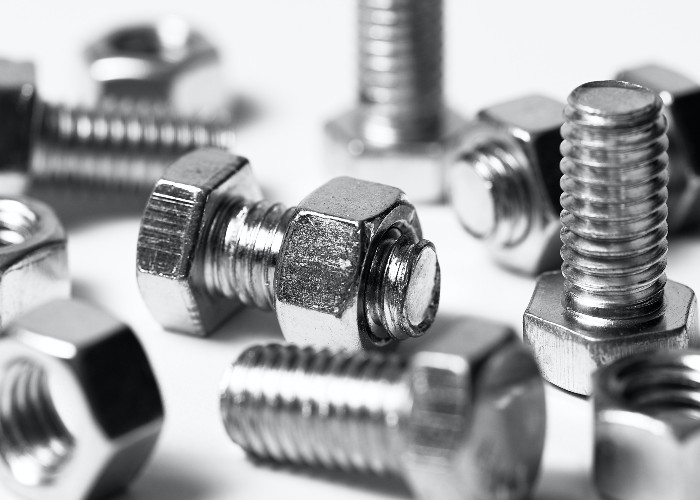When it comes to construction and engineering projects, industrial fasteners may seem like a small detail in the grand scheme of things.
However, choosing the wrong fasteners or using them improperly can lead to serious safety risks and costly mistakes. That’s why it is so important to choose the right industrial fastener for your project. In this blog post, we’ll discuss why it’s important to choose the right industrial fasteners for your project and how to do so effectively.
Table of Contents
The importance of choosing the right fasteners
Industrial fasteners are essential components used in industrial applications from construction to engineering projects. Choosing the right type of fastener for a project is important because it ensures that the assembly is secure and can hold up under the pressure, weight, vibration and shock associated with most industrial projects.
The wrong type of fastener may cause problems down the line. Here are some of the main reasons that choosing the right fasteners for your project ahead of time is crucial.
Safety Risks
One of the most important reasons to choose the right industrial fasteners is safety. If fasteners aren’t strong enough or are used improperly, they can fail under load and cause serious accidents or injuries.
For example, if a bolt holding up a bridge isn’t strong enough, the entire structure could collapse. It’s crucial to understand the loads that will be placed on each fastener and choose ones that can handle those loads safely.
When selecting industrial fasteners for your project, always make sure they are compatible with the application and environment. For example, if the fastener will be exposed to extreme temperatures or hazardous chemicals, then it should be corrosion-resistant and temperature-rated.
Costly Mistakes
In addition to safety risks, choosing the wrong industrial fasteners can also lead to costly mistakes. For example, if you use screws instead of bolts in an application that requires high strength, those screws could shear off under load and damage other components or structures.
Choosing the wrong industrial fasteners can also lead to wasted time and money. If a fastener isn’t suitable for its intended application, it may not last long or perform as expected.
This could result in costly repairs or replacements down the road, which ultimately wastes both time and money. By choosing the right fasteners for the job you’ll ensure that you don’t have to pay for these costly mistakes in the future.
Compatibility with Materials
Another factor to consider when choosing industrial fasteners is compatibility with materials.
Industrial fasteners come in a variety of shapes, sizes, materials and types. Each type has its own specific purpose and should be chosen carefully based on the requirements of the project. For instance, if you’re installing a structural steel beam, then you’ll want to use high-strength bolts that can handle the weight and stress of the beam.
Some materials may require specific types of fasteners in order to prevent corrosion or other damage over time. For example, using stainless steel bolts in a marine environment can help prevent rust and deterioration. It’s important to understand the materials you are working with and choose fasteners that are compatible in order to avoid problems down the line.
How to Choose Industrial Fasteners
So how do you go about choosing the right industrial fasteners for your project? Here are some key factors to consider:
- Load requirements: Determine what loads will be placed on each fastener and choose ones that can handle those loads safely.
- Material compatibility: Consider what materials will be used in your project and choose fasteners that are compatible with those materials.
- Environmental factors: Think about any environmental factors (e.g. temperature extremes, exposure to moisture) that might affect your choice of fasteners.
- Quality: Look for high-quality industrial fasteners from reputable manufacturers.
- Expert advice: If you’re unsure about which type of fastener is best for your project, consult with an expert who has experience in your industry.
By taking these factors into account when choosing industrial fasteners for your construction or engineering project, you can help ensure safety, minimize costly mistakes, and maximize performance over time.
Conclusion
Choosing the right industrial fastener might seem like a minor detail compared to other aspects of your construction or engineering project. However, it’s actually a crucial factor that can impact safety, cost-effectiveness, and long-term performance.
By following these guidelines and enlisting the support of a local fastener supplier to help you select the right industrial fasteners for your project specifications will ensure the success of your next project.





